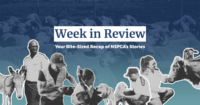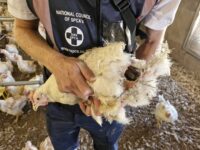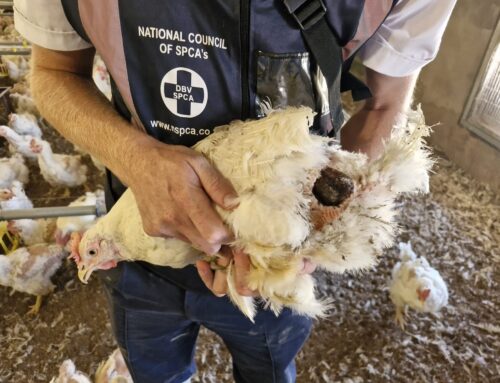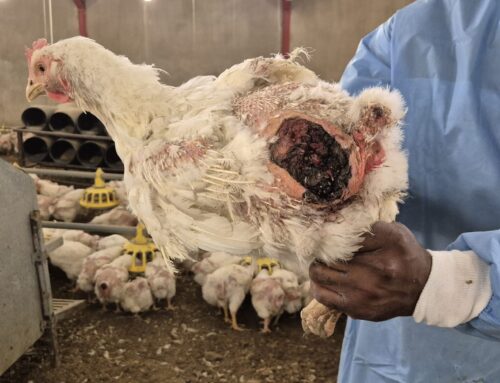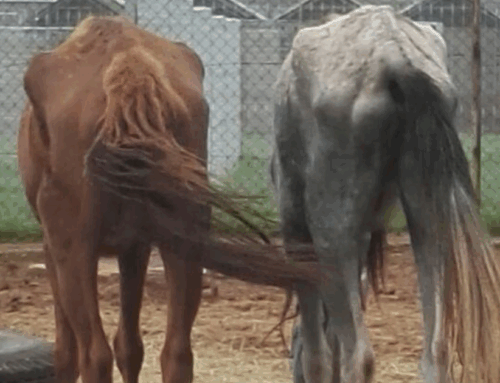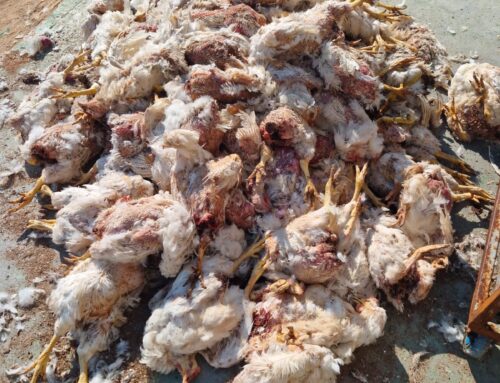How To Report Cruelty To Animals:
Members of the public sometimes witness acts of cruelty towards animals or come across instances of animals being neglected or in need of emergency assistance including in accident or natural disaster situations.
Contact your local SPCA as quickly as possible by telephone. Keep the number of your local SPCA with you.
For record purposes, the informant will be asked to give his or her name, address and contact number. The identity of informants is kept strictly confidential. A detailed description of what has been witnessed or what is taking place is needed plus the exact location. At a later stage, the informant will be given feedback and may be asked for any additional details.
In serious cases, criminal charges can be laid and the matter brought before a Court of Law. If an individual felt strong and sufficiently outraged enough to report the matter in the first place, surely he or she should be prepared to assist the SPCA further by being willing to submit an affidavit as a witness and also to be prepared to testify in Court to bring the offender/s to justice.
Cases are won and lost on evidence. Far too many matters are reported, action taken and then the case is lost because a key witness or maybe the only witness “does not want to get involved.” The public are far more than our eyes and ears.
Each case is different but in general terms, we ask that if the animal can be assisted immediately without risk to the witness, then step in and help. The matter can then be reported to the local SPCA.
Of course, the kind of person who would mistreat an animal is likely to vent anger on an individual who “interfered” so discretion must be used. Do not put yourself at risk and this includes instances of puppies are being sold at the side of a road. Confronting the seller has led to instances of attacks and one victim having to be hospitalised. There are proven instances of this being a ploy to stage a hi-jacking.
Above all, do not take the law into your own hands.
A frequently asked question is what can an individual do if a dog has been left in a vehicle. Again, contact the local SPCA who can in turn use their own network to assist if they are not in the vicinity. Even in an emergency if a window has to be broken to rescue the animal, this is best left to the authorities who can usually be summoned quickly. A member of the public can be charged with damage to property.
An urgent plea is made not to report cases of animal abuse/cruelty/neglect through web sites or via Facebook or e-mail. There are many web sites which have a facility for reporting crimes. The number of these sites continues to grow. Given that the Internet is so wide, individuals may post a report on a site thinking it is local or even national when in fact they are reporting on a website in another country.
For these reasons, reports may not be picked up. Time is inevitably lost reaching the animals even if the webmaster is sufficiently alert and caring as to forward the report.
Time was lost and animals suffered because an individual e-mailed the National Council of SPCAs on a Saturday morning. A serious animal-related issue was reported. Yet the individual was only 2km from the nearest SPCA. Luckily someone else alerted them directly. Neither the NSPCA nor the individual SPCAs have the resources to check e-mails around the clock but by law, all SPCAs must have a 24-hour emergency telephone answering and response service.
“Crimeline” systems work by reporting matters to the SAPS and attract informants due to their undertaking of anonymity. But in the case of suffering animals, anonymity is already guaranteed and working through third parties simply extends the length of time before the matter can be addressed. Not all web sites are read or administered with the regularity that people may think.
WHY THE SPCA?
The SPCA movement enforces over 90% of the animal welfare legislation in South Africa. In areas where there is no SPCA, the SAPS handles these issues. An SPCA Inspector with Magisterial Authorisation has the powers of a police officer in terms of the Animals Protection Act and the Performing Animals Protection Act. The Acts prescribe powers of entry plus powers of seizure (of an animal).
There are exceptions to this such as the Animal Anti Cruelty League but the point being made is that breed and rescue clubs or animal “shelters” do not have enforcement powers.
A plea is made that when reporting cruelty, make one report only. There have been instances of people reporting matters to several organisations thinking it will speed up the process or force action to be taken. Duplication is wasteful of valued resources of time, fuel, manpower – and can even compromise a case.
HOW MATTERS PROCEED
SPCA Inspectors have undertaken training and have successfully passed examinations which focus on the laws pertaining to animals and how to prepare a complete docket when criminal charges are laid in terms of the Animals Protection Act.
Once a matter has been investigated and facts determined, the docket is compiled and will include affidavits from witnesses and the Inspector, visual evidence such as photographs or video if available, expert analysis which can include veterinary or post mortem reports plus any other supporting evidence. The specific charges will be listed.
The completed docket will be handed in at the appropriate SAPS station, an investigating officer allocated and the process will proceed to the Public Prosecutor with whom the SPCA Inspector will liaise. The matter will go before the Court and will proceed in the same manner as any other criminal trial.
If animals have been removed in terms of the Animals Protection Act, their fate lies with the Court. People often ask to adopt the animals before proceedings have been concluded and this is simply not possible legally. When people insist that “The SPCA won’t let us ….”, it is frequently a reference to a pending criminal case and only the Magistrate or Judge can make the decision. Obviously releasing the animals before the case has been concluded will compromise the case which is the last thing caring people would want.
INVESTIGATIONS
Please leave these to the experts and in the hands of the SPCA. Public anger is appreciated. Impatience to receive updates is equally acknowledged but publicising details on platforms such as Facebook can seriously compromise an investigation and case.
A recent instance was the photograph posted on Facebook of injured dogs “tied” onto the back of a bakkie by wiring their jaws to the side of the vehicle. Understandably this caused outrage. A sleuth uncovered the address of the vehicle’s owner from the registration number and made this public. By the time the investigating SPCA had received the information, the culprit, vehicle and dogs had left the country.
The NSPCA’s Special Investigations Unit cites examples of people who obtain information relating to dog fighting and who share or discuss this on Facebook or blogs. Those involved are tipped off and the date, time and place of the fights are changed. This compromises the NSPCA investigation. Not only good people follow discussion forums or welfare groups on Facebook. It is known to be a source of information for those involved in animal cruelty or animal exploitation who can operate under bogus names and profiles.
BEWARE!
Investigations depend on solid ground work and frequently need to be confidential to avoid compromising the case. Feedback will be given to informants but there must be understanding that step by step details or “just between ourselves” remarks simply cannot be given at crucial stages when raids are being planned or an operation is ready to be launched. People often insist on being updated and we understand why. In the same way that the SAPS cannot advise every member of the public or each step in a case, neither can the SPCA. The public has a right to know but without impacting on matter in hand.
This includes the “name and shame” issue when people publish the names of perpetrators – without realising the impact this can have if a case has not yet come before the Court.
If you are as passionate about animals and their well-being as we are, consider supporting our causes by donating.
Latest News Posts
Will You Be the One Who Takes Action?
Most people will scroll past this. But will you be the one who stands up for animals?
Animal welfare isn’t always in the spotlight, but it changes lives – for every neglected, abused, or suffering animal we help. Our teams work tirelessly, often behind the scenes, ensuring animals across South Africa are protected.
This work is relentless. The challenges are immense. But with more hands, hearts, and resources, we can do even more.
The equation is simple: the more supporters we have, the greater our reach, the stronger our impact.
Be part of the change. Become an NSPCA Project Partner today. From just R50 per month, you can help ensure that no animal suffers in silence.

